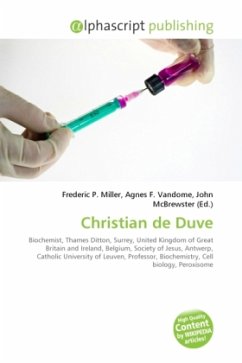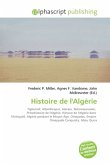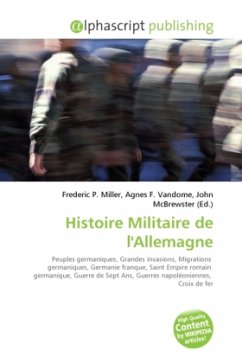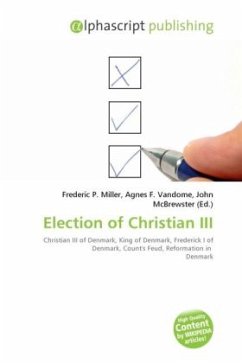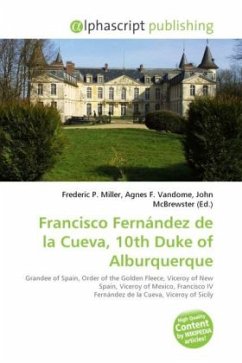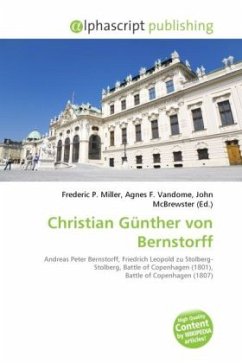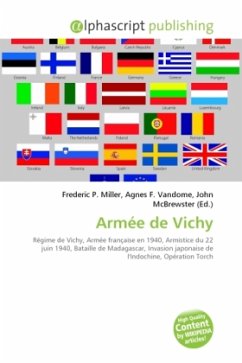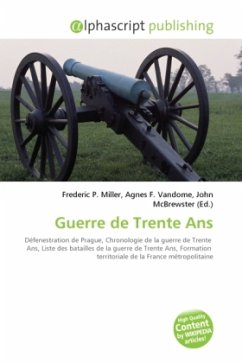Christian René, burgrave de Duve (born 2 October 1917) is an internationally acclaimed cytologist and biochemist. De Duve was born in Thames Ditton, Surrey, Great Britain, as a son of Belgian immigrants. They returned to Belgium in 1920. De Duve was educated by the Jesuits at Onze-Lieve-Vrouwecollege in Antwerp, before studying at the Catholic University of Leuven, where he became a professor in 1947. He specialized in subcellular biochemistry and cell biology and discovered peroxisomes and lysosomes, cell organelles. Amongst other subjects, de Duve studied the distribution of enzymes in rat liver cells using rate-zonal centrifugation. De Duve's work on cell fractionation provided an insight into the function of cell structures. In 1960, De Duve was awarded the Francqui Prize for Biological and Medical Sciences. He was awarded the shared Nobel Prize for Physiology or Medicine in 1974, together with Albert Claude and George E. Palade, for describing the structure and function of organelles (lysosomes and peroxisomes) in biological cells. His later years have been mostly devoted to origin of life studies, which he admits is still a speculative field (see thioester).
Bitte wählen Sie Ihr Anliegen aus.
Rechnungen
Retourenschein anfordern
Bestellstatus
Storno

